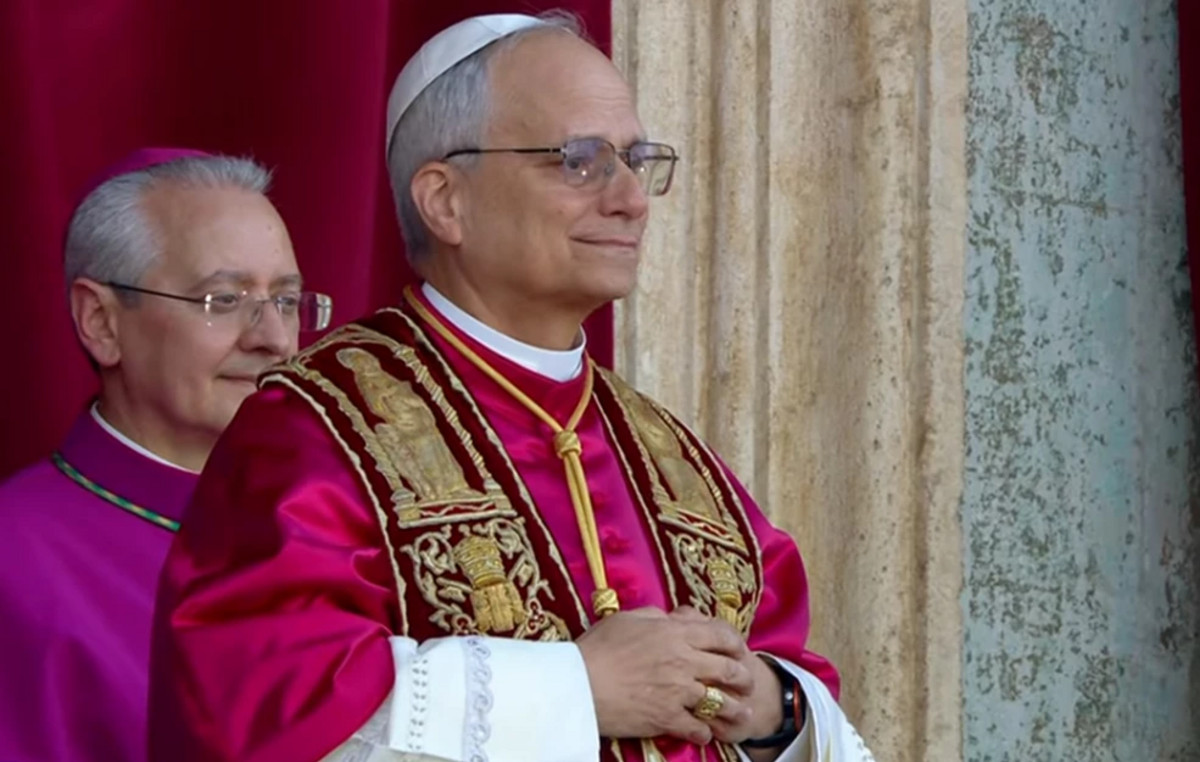The problems in global supply chains caused by the Covid-19 pandemic even affect package deliveries to the President of the United States.
The next-generation presidential aircraft being built by Boeing is at risk of further delays due to a tight job market for mechanics and lower-than-expected safety clearance rates, the investigative arm of Congress said this week.
The need for Boeing to switch to an alternate supplier for some internal work was also cited in the report issued by the US Government Accountability Office (GAO) as a major schedule risk.
Air Force One – emblazoned with the American flag, the words “United States of America” and the office seal – is famous around the world as an airborne White House.
The current aircraft has 4,000 square feet (372 square meters) of space on three levels, including a conference room and medical suite.

Boeing 747-8s are designed to fly in worst-case security scenarios, such as nuclear war, and are modified with military avionics, advanced communications and a self-defense system.
Boeing was awarded a $3.9 billion contract in 2018 for two 747-8 aircraft to be delivered around 2024. The Pentagon said this year that the planes are not expected to be delivered until 2026.
“Boeing is facing aircraft mechanical workforce limitations due to a competitive labor market,” the GAO said in its report. “They said an additional limitation is lower-than-planned security clearance approval rates for skilled workers needed to modify the aircraft.”
Boeing said it was focused on delivering two exceptional planes.
“We continue to make steady progress on the VC-25B program as we navigate some challenges,” it said in a statement.
In December 2016, then-President-elect Donald Trump extracted a promise from Boeing CEO at the time, Dennis Muilenburg, that the cost of replacing Air Force One would not exceed $4 billion.
The red, white and dark blue paint scheme suggested by Trump can also be problematic.
“Further analysis concluded that darker colors, among other factors, on the underside of the VC-25B aircraft may contribute to temperatures that exceed current qualification limits for a small number of components,” an Air Force spokeswoman said Wednesday. -fair.
Source: CNN Brasil







